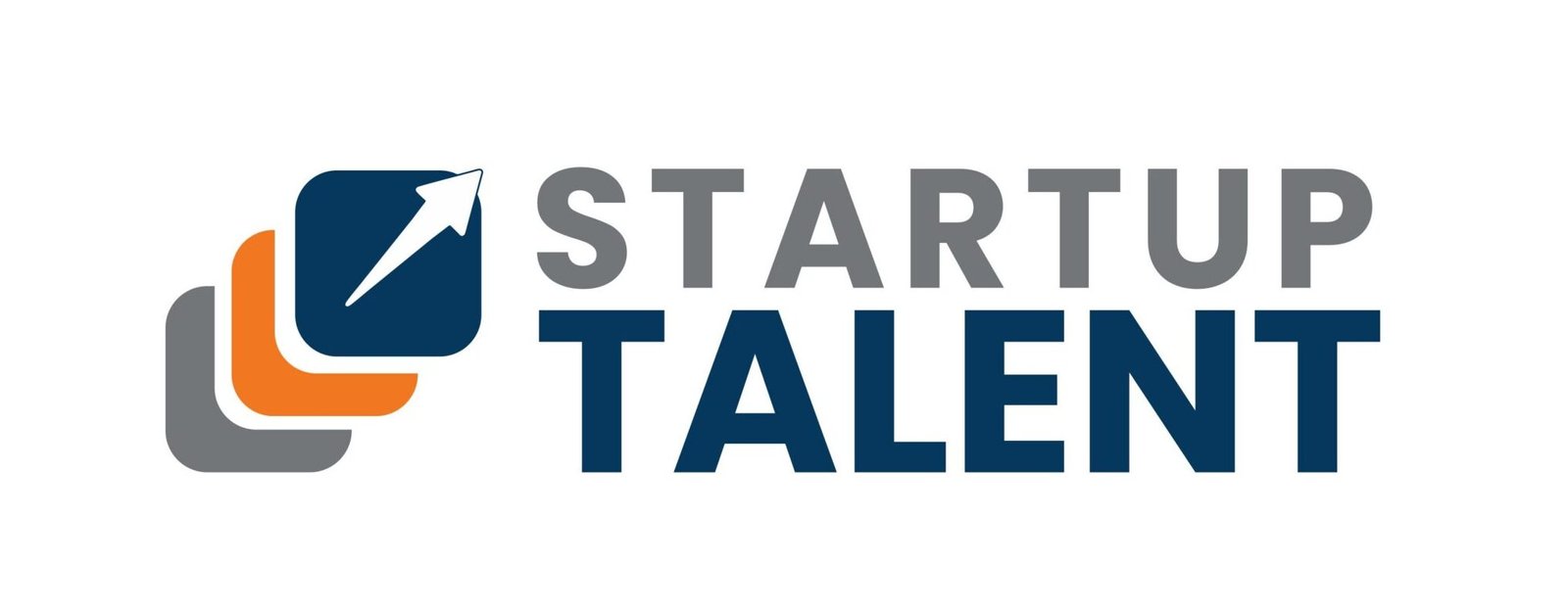India’s startup scene is booming, from Bengaluru’s fintech upstarts to Gurugram’s AI thinkers, but one issue remains: engineering talent hunting for Indian startups. Despite the sheer volume of engineering graduates, most startups continue to grapple in vain to bring onboard developers who are veteran and startup ready. They are often willing to make the switch to a high growth but high-risk arrangement.
Let’s discover why this war continues and how startups can fix it through creative recruitment techniques.
The Skills Gap is Deeper Than It Appears
India produces over a million engineers every year, but they’re not industry ready. Colleges still prioritize more theory over application, so the pool of talent may be enormous on paper but thin in real skills.
For example, Mumbai startup Yocket, an ed-tech firm, reported that even mature developers tend to be deficient in knowledge of maintainable and secure software design, not merely code that “works.” The firm discovered that junior developers grappled with scalable systems and testing, skills required in speedy startups – scroll.in.
This startup to knowledge gap deficiency forces companies to invest valuable time in retraining employees. It can be a costly effort for businesses operating on the clock.
Unrealistic Expectations Face a Limited Talent Pool
Startups often require developers who can do it all – coding, testing, DevOps, UI fixes, even product ideation. But it’s not common to find a single hire with all the above abilities. The rare ones who do are much coveted and usually get top-dollar salaries that smaller startups cannot match.
One such dramatic instance is from a company that conducted over 450 interviews for a developer role paying ₹20 lakh annually and was still unable to hire . The issue wasn’t compensation, but variations in assumptions and capabilities.
Battling Big Tech Is a Losing Game
Even if startups identify good talent, retaining them is another battle. Most talented developers are more interested in working for established companies like Google, Amazon, or Infosys, where salaries, job security, and work-life balance are much improved.
Startups, however, offer uncertain arrangements, long hours, and typically poor pay. Most developers see these early-stage businesses as risky bets. This was especially amplified after the 2023-24 wave of layoffs at leading Indian startups.
The gap of the brands is stark: A resume with “Google” or “TCS” is seen as safer than that of a startup that may shut down in six months’ time. Unless startups make a huge effort to project their mission and culture, they struggle to be considered first-choice employers.
Employer Branding and Retention Are Given a Back Seat
Whereas money and advertising receive utmost priority, employer branding takes a secondary seat. Indian startups continue to lack decent career pages, significant social media presence, and clear-cut employee value propositions. This means that potential applicants don’t have much notion of what makes working with them unique.
Retention is also fragile. Indian programmers allegedly quit startup jobs within two years or less, primarily due to burnout, inadequate mentorship, or a lack of career growth opportunities. When developers are made to feel disposable or overworked, they seek greener pastures. This leaves startups with a revolving door for hiring and rehiring.
How Some Startups Are Solving the Talent Crisis
While the battle persists, there are some who have gone so far as to question hiring altogether.
One such case in point is Zoho. Observing that college graduates were not work-ready, Zoho started Zoho University, an 18-month internal training wherein it hires and trains high school graduates in programming, communication, and problem-solving in real life. The graduates are incorporated into the company as full-time developers.
Startups must create the talent they wish to employ.
Dealing with Technical Talent Recruitment Challenges of Startups in India
In order to fill the increasingly widening talent and perception gap, startups need to embrace a more integrated, innovative strategy in hiring:
Build Talent Pipelines Early: Partner with universities, bootcamps, or accelerators to build candidates before graduation. Internship and apprenticeship programs are valuable methods to try and develop future hires.
Emphasize Skills Instead of Labels: Avoid brand names or GPAs. Real coding problems, hackathons, or mini-project evaluations are much more effective at identifying functional skills than résumés.
Share Your Mission: Share your startup mission, impact, and learning culture on both technical and social platforms. The authentic nature of storytelling is what will attract purpose-driven developers whose currency is not just money.
Provide a Level of Flexibility and a Sense of Ownership: Remote or hybrid strategies expand the geographic talent pool. Developers love having flexibility, and open dialogues. These are easy to offer and often bring tangible impacts.
Keep Them Engaged: Mentorship, in-house workshops, and experiments with new technology to keep developers engaged. The more they learn, the longer they remain.
Joint Hiring Models: Incubators or on-the-ground startup campuses can co-launch Startup Talent Academies. They are a shared space in which developers pick up hands-on skills and are then matched with participating startups. This collaborative approach economizes hiring costs and ensures skill relevance.
Conclusion
The talent challenge of hiring skilled developers is not just a hiring issue — it’s an education-aspirations-delivery mismatch. However, with the right mindset, hiring technical talent for an Indian startup can take on a new meaning.
Startups that intentionally build their talent ecosystems and culture, and to tell great stories will be able to attract the right kind of developers.
The startups of the future will not necessarily be the ones with money or great ideas, but teams that are smart enough to execute.

Anshuman Sinha is the Co-Founder & CEO of Startup Talent, where he helps startups build high-performing teams that scale with speed and intent. A seasoned entrepreneur, angel investor, and ecosystem builder, he brings deep experience across talent strategy, founder advisory, and early-stage growth. Anshuman is also associated with platforms like Startup Steroid and works closely with founders and investors globally, focusing on execution-driven hiring, strong culture, and long-term value creation.






